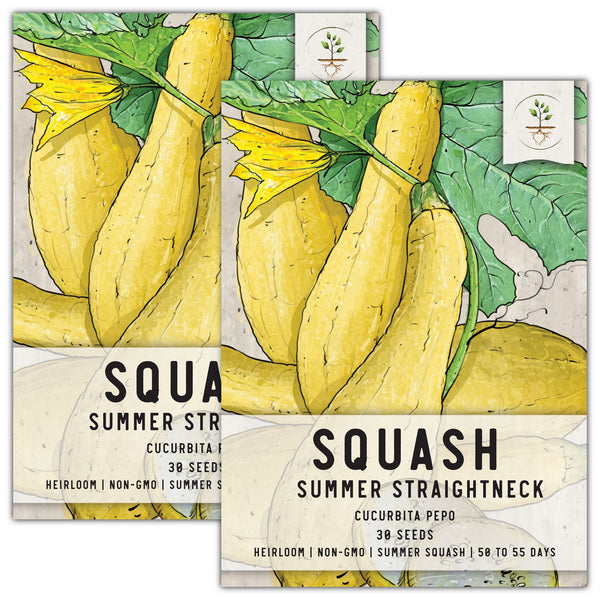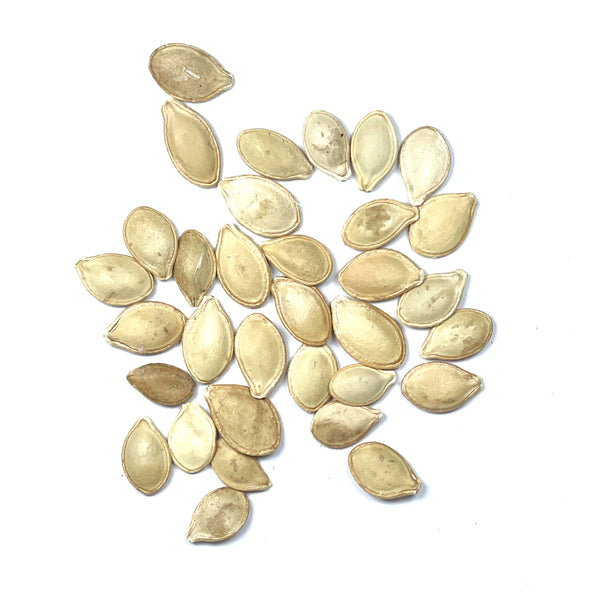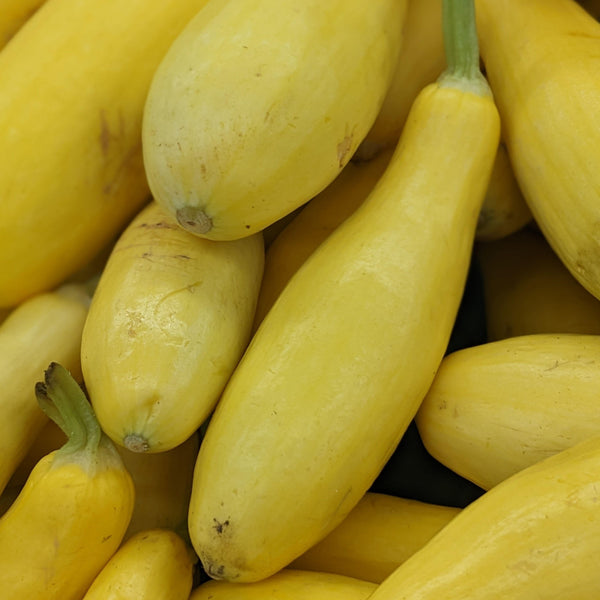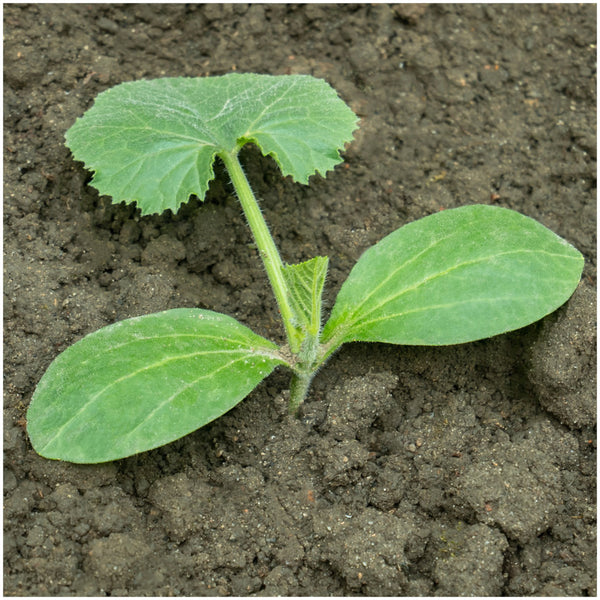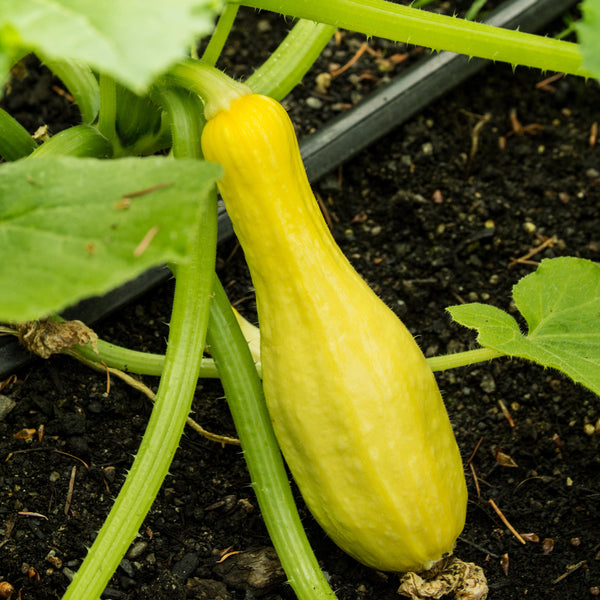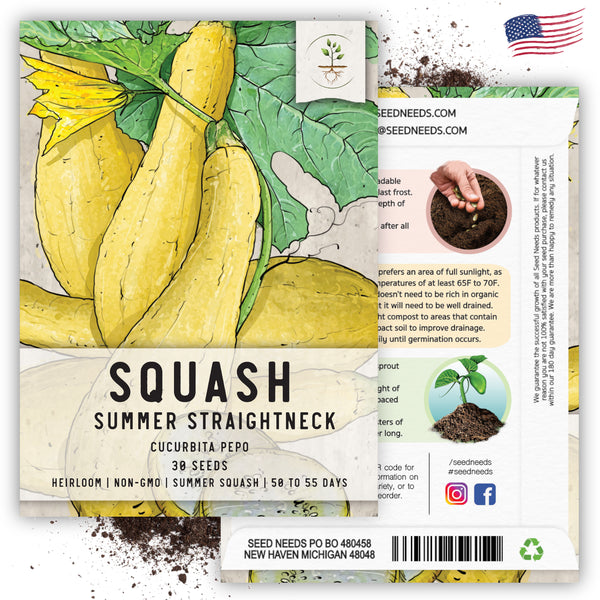Early Prolific Straightneck Squash Seeds For Planting (Cucurbita pepo)
as low as $2.99
Eligible For Volume Discounts
Mix & match any volume tagged item to maximize savings. The more you buy the more you save!
- 2 Items - Free Shipping
- 3 Items - 5% off
- 4 Items - 10% off
- 5 Items - 15% off
- 6 Items - 20% off
- 10 Items - 25% off
25 Seeds Per Packet
How much is shipping?
Shipping is only $2.99! This is a flat rate fee for all seed orders within the United States. We do not ship out of the United States to Canada or Mexico, or anywhere abroad.
Are your seeds heirlooms?
Absolutely! 99% of all seeds on our site are heirlooms (which are defined as true to the parent) and are passed down from generation to generation. Many were bred for quality of flavor, productivity, hardiness and adaptability.
Are your seeds Non-GMO?
Yes! We will never knowingly sell GMO based seed products. Hardly any exist in the market anyways, but if they do, you can trust that we will steer clear of them.
Are your seeds organic?
In short, no... But we are firm believers that "organic" is how YOU decide to grow things. You can still organically grow your own produce with, non certified seeds because there is no difference aside from the price.
Are your seeds treated?
Nope! We never knowingly purchases treated seed products. We also do not treat any of our seeds with substances such as neonicotinoid or thyram.
About
Growing
Reviews
A SEED COMPANY ON A MISSION FOR CHANGE

OUR KIDS
100+ KIDS

ASPCA
$400 MONTHLY

St. Jude
$250 MONTHLY


